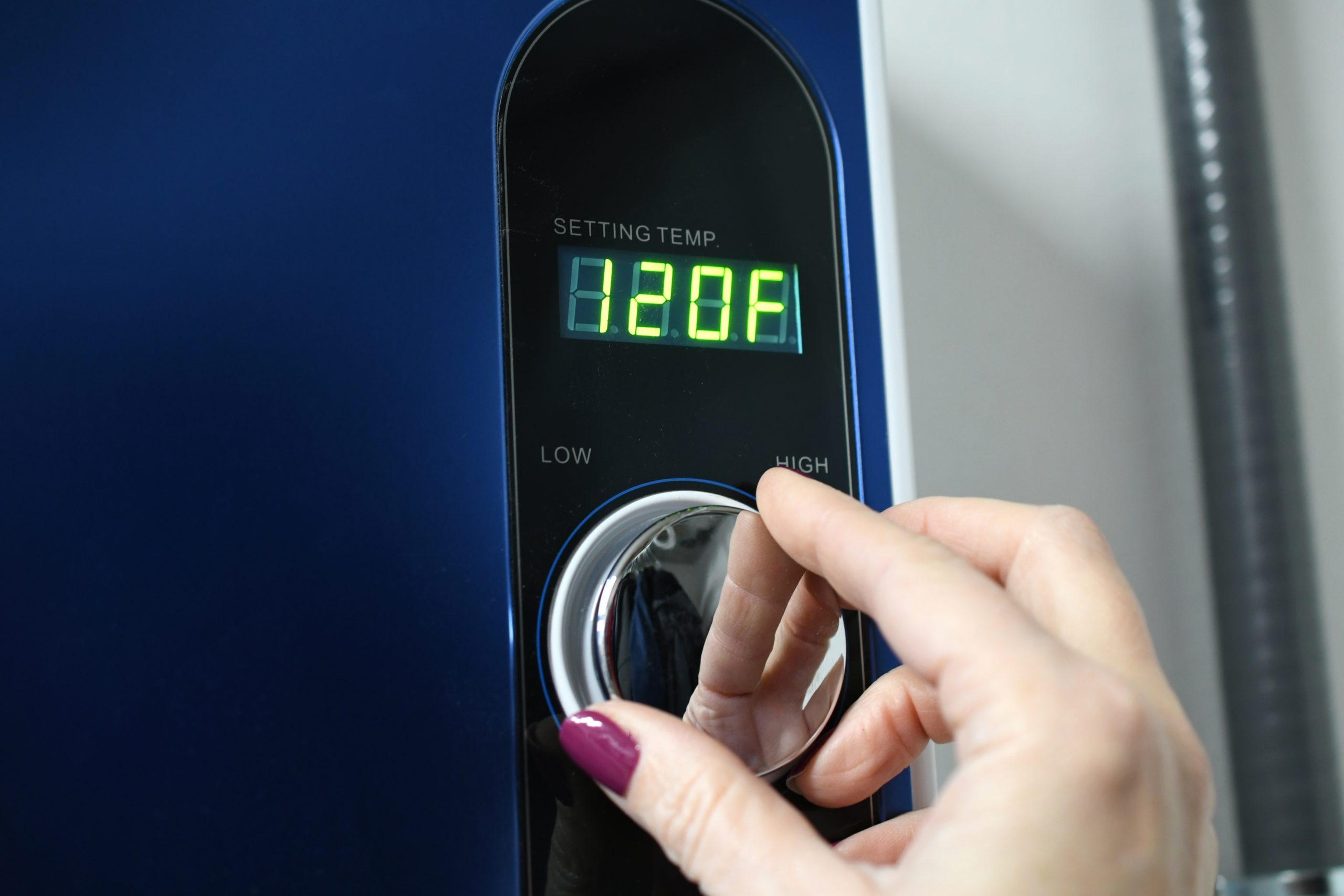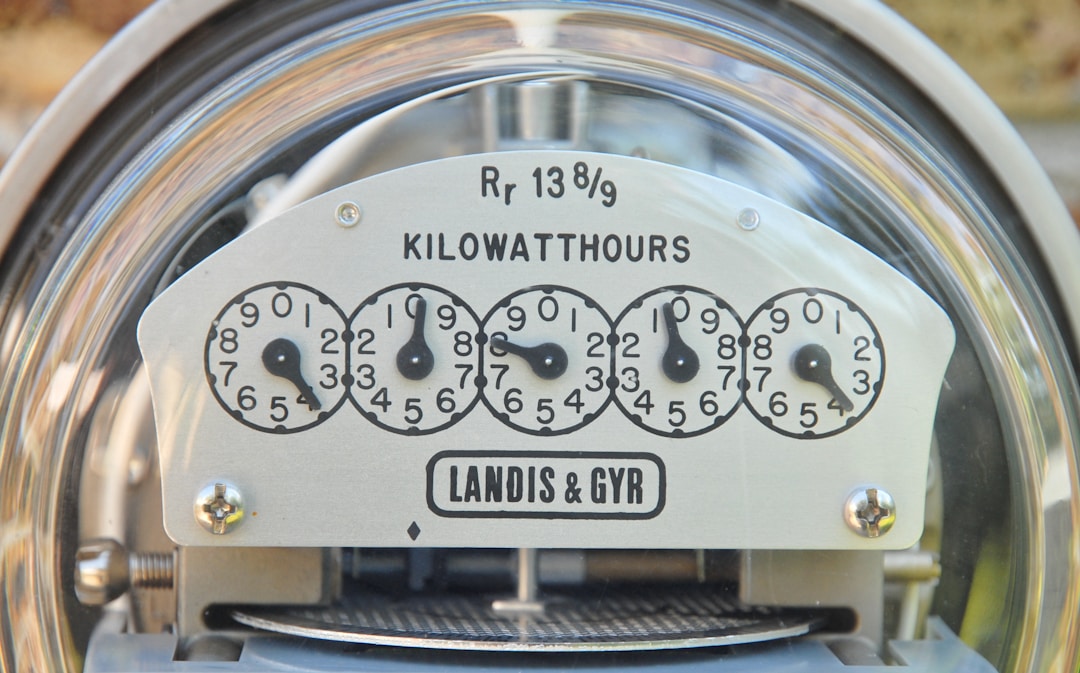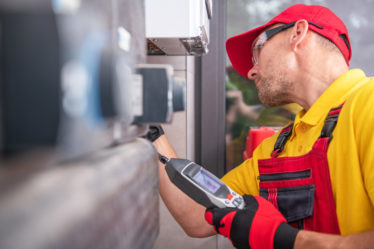
Your water heater is one of the essential appliances you have in your home. From bathing and cleaning to cooking, you rely on your water heater for several things. Other appliances such as your dishwasher and washing machine also depend on the water heater to function. Even though your water heater is so important, it is also one of the appliances in your home that is most susceptible to wear and tear.
The average water heater lasts 8-10 years without any major damage or malfunctions. In general, with maintenance and care, you can extend the life of your water heater. However, it will typically wear out sooner than some other appliances. Internal rust, sediment buildup, water pressure issues, and corrosive activity are all common causes of equipment failure. The biggest sign that your water heater has failed is the absence of available hot water. Aside from this, however, there are a few other indicators that you may need a replacement.
So, how do you know that it is time to replace your water heater? The last thing you want is to go without hot water for an extended period. To understand when the life cycle of your equipment is nearing an end, there are some signs that indicate the need for water heater replacement. Let’s look at some indications that you might need a new water heater.
1. Inconsistent Water Temperatures

When you hop in the shower, you get the water to your desired temperature, and then you expect the warm water to last as long as you need it. If you find that your showers suddenly get cold out of nowhere and then suddenly get hot again, it could be a sign that your water heater is on its way out. While this is a common effect of someone else flushing toilets elsewhere in the house or turning on other faucets, it is also a common water heater problem known as a “cold water sandwich.”
This problem will continue to occur regularly as the unit ages and loses the ability to feed continuous, consistent water. Equipment with a blocked or clogged output line could also cause this problem. A qualified repair technician will diagnose problems with inconsistent water temperatures.
2. Sudden Spikes in Energy Costs

In general, your hot water heater is a large consumer of energy. Your HVAC system accounts for a significant portion of your energy use. However, your water heater can be responsible for about 17 percent of your total usage depending on your type of unit. You can expect your water heater to cost about $500 each year. Household events such as holidays, parties, or extended overnight guest stays can create some fluctuation with energy costs. However, if you notice sudden, unexpected energy bill spikes, your water heater could be the cause.
Aging equipment with inefficient burners will use more energy to heat your water to temperature. In some cases, inefficient burners and components can be replaced. You will need a technician to inspect your heater to offer repair or possible replacement solutions.
3. Drips or Leaks

Water heater leaks are not always noticeable and can go undetected for a while, depending on the unit’s location and the leak. Your drain pan will be the first sign that you have a leak or drip, as you will notice a small amount of water pooling. A water heater leak could be a sign of internal rust and corrosion that has eaten through your tank. In many instances, once this happens, you will require a unit. The longer you wait to have the tanks replaced, the bigger the risk becomes of a major leak or failure that could cause severe damage to your home.
If you notice any problems with your hot water or heater, you should have a certified technician check it out as soon as possible. A professional can diagnose your problem and offer solutions to ensure you have reliable hot water.



